Mental Health and Exercise
Keeping active helps to protect both your physical and mental health. Regular exercise can have a profoundly positive impact on depression, anxiety, self-esteem, stress, memory, sleep and overall mood.
We can learn to use exercise as a powerful tool to feel better, as exercise can serve as a distraction that allows us to find some quiet time to escape the cycle of negative thoughts we may be feeling.
Physical activity releases endorphins (chemicals in the brain) that improve your mood, promotes feelings of calm and well-being, relaxes muscles and relieves tension in the body. The largest beneficial effect of physical activity has been shown to occur when mood was initially low.
Exercise should be something you enjoy, otherwise it will be hard to find the motivation to do it every day. Improve your motivation by doing group activities or ask a friend or family member to join you to make it more fun and enjoyable, this may help motivate you to stick to it. You’ll also feel better than if you were exercising alone, the companionship can be just as important as the exercise. Overcome mental health obstacles to exercise e.g. when you’re too tired or very stressed the thought of exercise may be overwhelming. However, exercise can dramatically reduce fatigue and increase your energy levels. Promise yourself a short walk and the chances are you’ll be able to go for longer. Or, if depression or anxiety has you feeling tired and unmotivated, try dancing to some music. Even a short burst of 10 minutes of activity increases mental alertness, energy and mood. Check out MIND UK’s short video on 5 ways to get moving and feel better.
Physical activity can help play a role in preventing mental health problems and improve quality of life. Our instinctive ‘fight-or-flight’ response and physical activity produce similar symptoms i.e. sweating, increased heart rate, shortness of breath. Exercise is a natural and effective anti-anxiety approach for depression, it is available to all, practical to do in short bursts, is empowering and often has low costs. There is a 20–30% lower risk for depression and dementia, for adults participating in daily physical activity (2). Exercising regularly is one of the easiest and most effective ways to reduce the symptoms of stress and improve concentration, motivation, memory, and mood.
References:
(1) Kanning M & Schlicht W (2010). Be Active and Become Happy: An Ecological Momentary Assessment of Physical Activity and Mood. Journal of Sport & Exercise Psychology, 32(2) p. 253-61.
(2) Department of Health PA, Health Improvement and Protection, (2011). Start Active, Stay Active: A report on physical activity from the four home countries’ Chief Medical Officers. London: Department of Health.


